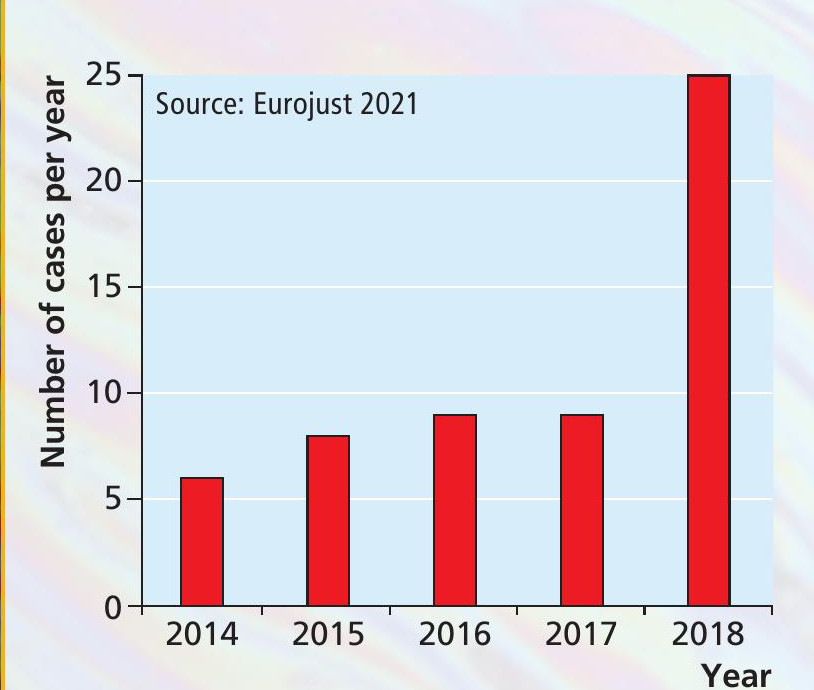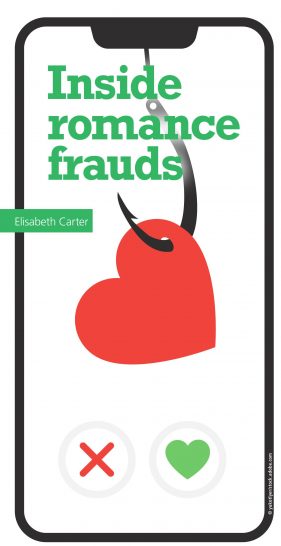
Corporate crimes are often hidden from view and typically involve processes, rather than single events. Nevertheless, they can have a major impact on the lives of millions of people. Environmental crime is one aspect of the problem. The European Union Agency for Criminal Justice Cooperation (Eurojust) published a report early in 2021 called Casework on Environmental Crime. This report reminds us that environmental crime is expanding rapidly, endangering not only habitats and populations of wildlife but entire ecosystems, living environments and financial systems. The report also argues that environmental crime should be recognised as a form of organised crime. This would allow a much broader range of investigative tools and resources to be used and it would open up greater prospects of cross-border investigations.
The following crimes are included within the scope of the report: illegal trading in and poaching of wildlife and plants; illegal, unreported and unregulated fishing; illegal dumping of, disposal of and trading in, waste and chemicals; illegal trading in ozone-depleting substances; pollution crime; illegal mining and trading in precious metals and minerals; illegal logging/deforestation and associated timber trading; environmental crime associated with illegal construction; and crime associated with hazardous contamination in food. In the 5-year period between 1 January 2014 and 31 December 2018 a total of 57 environmental crime cases were registered at Eurojust, with the Netherlands, France and Germany opening the most cases. See Figure 1.
Your organisation does not have access to this article.
Sign up today to give your students the edge they need to achieve their best grades with subject expertise
Subscribe




